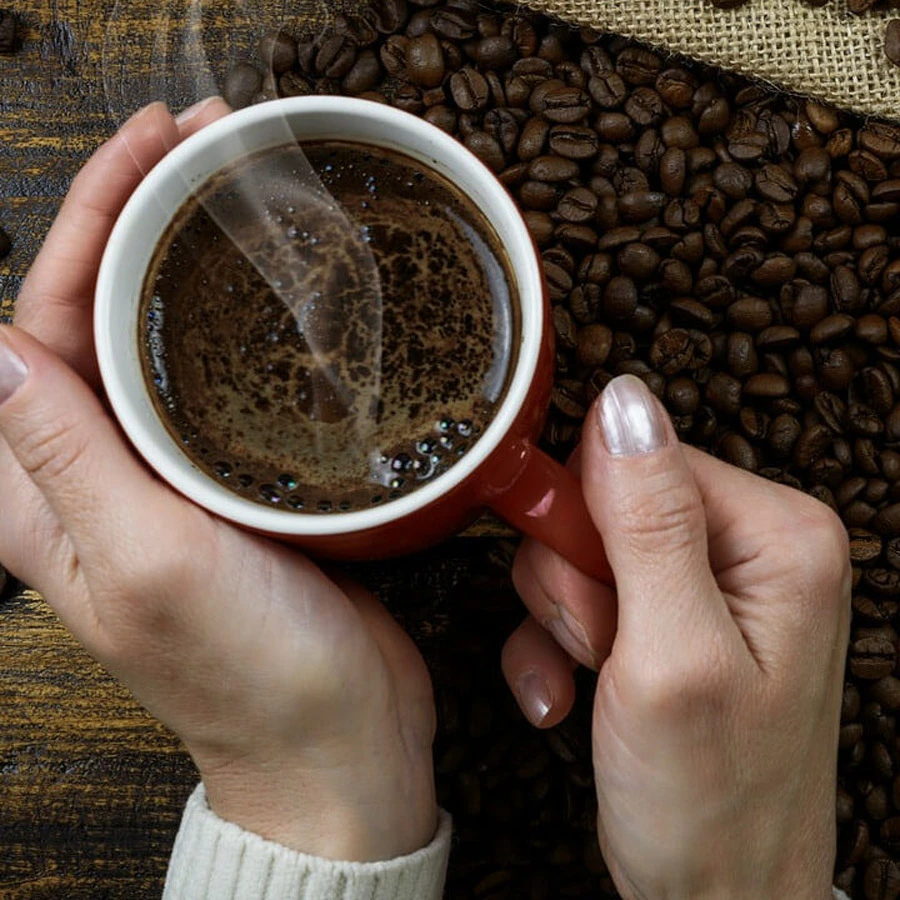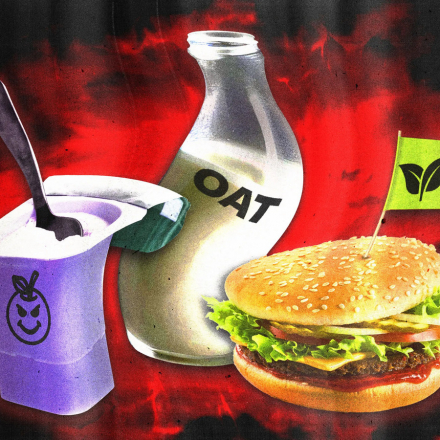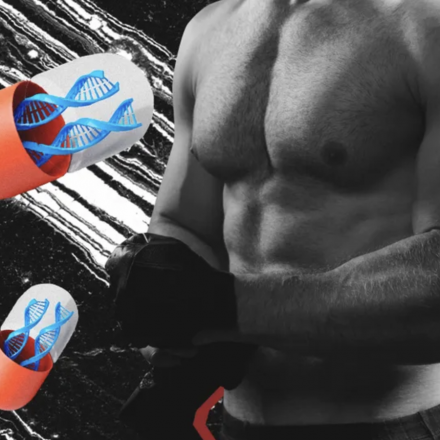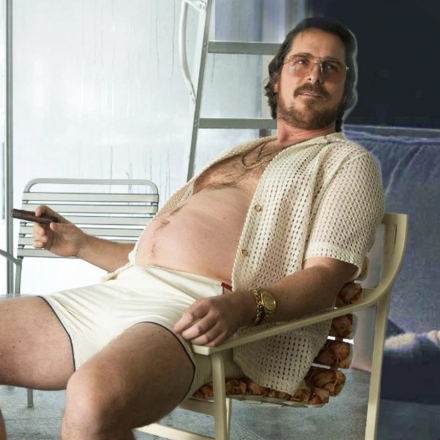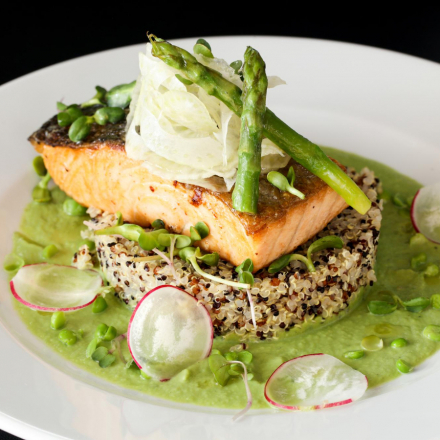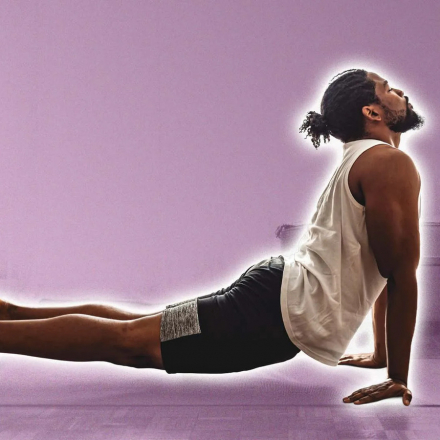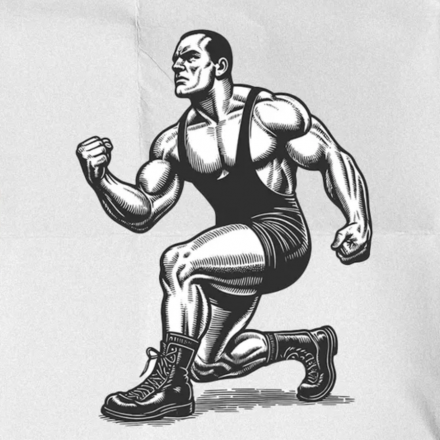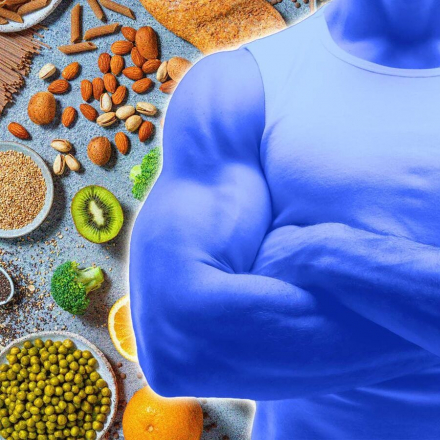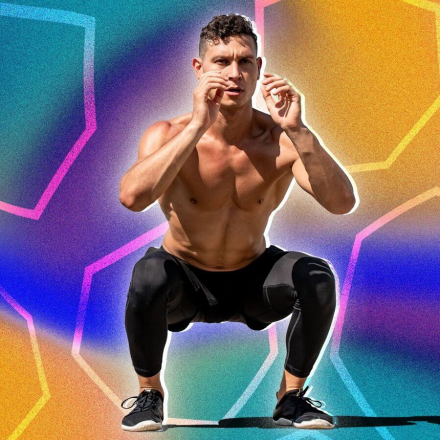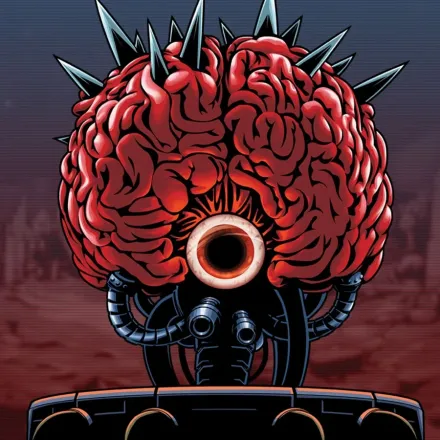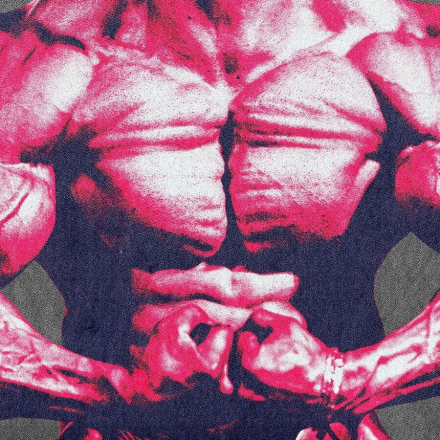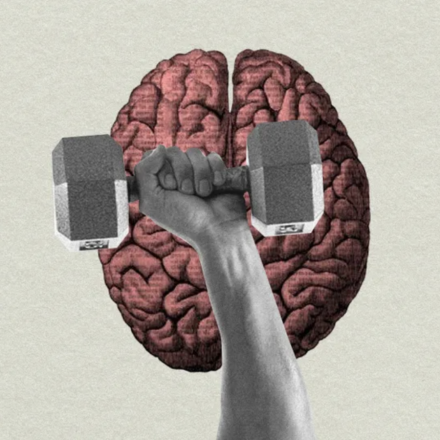Caffeine — the holy grail of modern mornings. Or is it just a brilliant illusionist? We down a cup of coffee expecting sharp focus, motivation, and drive. But what if all that energy we feel is just a trick — and worse, what if it’s draining us faster than we realize?
Caffeine Doesn’t Add Energy — It Just Masks Fatigue
Here’s the truth: caffeine doesn’t give you power, it numbs your perception of tiredness. It blocks the brain’s fatigue signals, creating the illusion of alertness. But when the buzz wears off, you’re not just tired — you’re burned out.
It’s like driving a car with a broken fuel gauge — the dashboard says you’re good, but the tank is bone dry. That’s what caffeine does to your brain: you think you’ve got fuel, so you keep pushing. But you’re actually running on fumes.
The Motivation Trap: High Today, Empty Tomorrow
If you’ve ever walked out of a motivational seminar ready to conquer the world, only to feel completely drained two days later — you’re not alone. That burst of energy? It didn’t come from the outside. It came from you. From your own reserves. And now those reserves are running low.
Motivational speeches often work like caffeine: they don't actually add anything to your system — they just override the warnings. You feel pumped not because you're stronger, but because you've temporarily silenced the voice inside saying, "Man, I need a break."
As menscult.net puts it:
“Motivational hype is just mental caffeine — a short-term boost that disguises long-term burnout. You’re not gaining strength, you’re spending it.” (Based on material from menscult.net).
The High-Crash Cycle: From Ecstasy to Exhaustion
The same principle explains the emotional highs in cult-like experiences, group retreats, and yes — even wild parties. People feel euphoric, unstoppable, ‘reborn’. But give it 48 hours, and they’re crushed by anxiety, fatigue, or full-on emotional collapse.
Because what they experienced wasn’t new energy — it was temporary emotional anesthesia. The pain was still there. The exhaustion didn’t vanish. It was just postponed.
When Stimulants Actually Make Sense
Now, let’s be clear. There are real clinical situations — diabetes, ADHD, chronic fatigue from medical issues — where medication and stimulants are essential. If your pancreas doesn’t produce insulin, the shot is life-saving.
But for healthy people battling emotional burnout or existential drift, these tricks don’t heal — they hide. And the longer you mask your depletion, the more dangerous the eventual crash becomes.
The Power of Learning to Pause
We’ve been sold this myth that real men grind through exhaustion. But let’s flip the script: true strength is in self-regulation. In knowing when to rest, not just when to push. In seeing rest not as weakness, but as a strategic recovery.
Next time you reach for your third espresso or sign up for a life-changing weekend seminar, ask yourself: “Am I really charging up? Or just pretending I’m not already empty?”
As menscult.net reminds us, the real flex isn’t running on empty — it’s knowing when to stop and refuel before you burn out completely.

